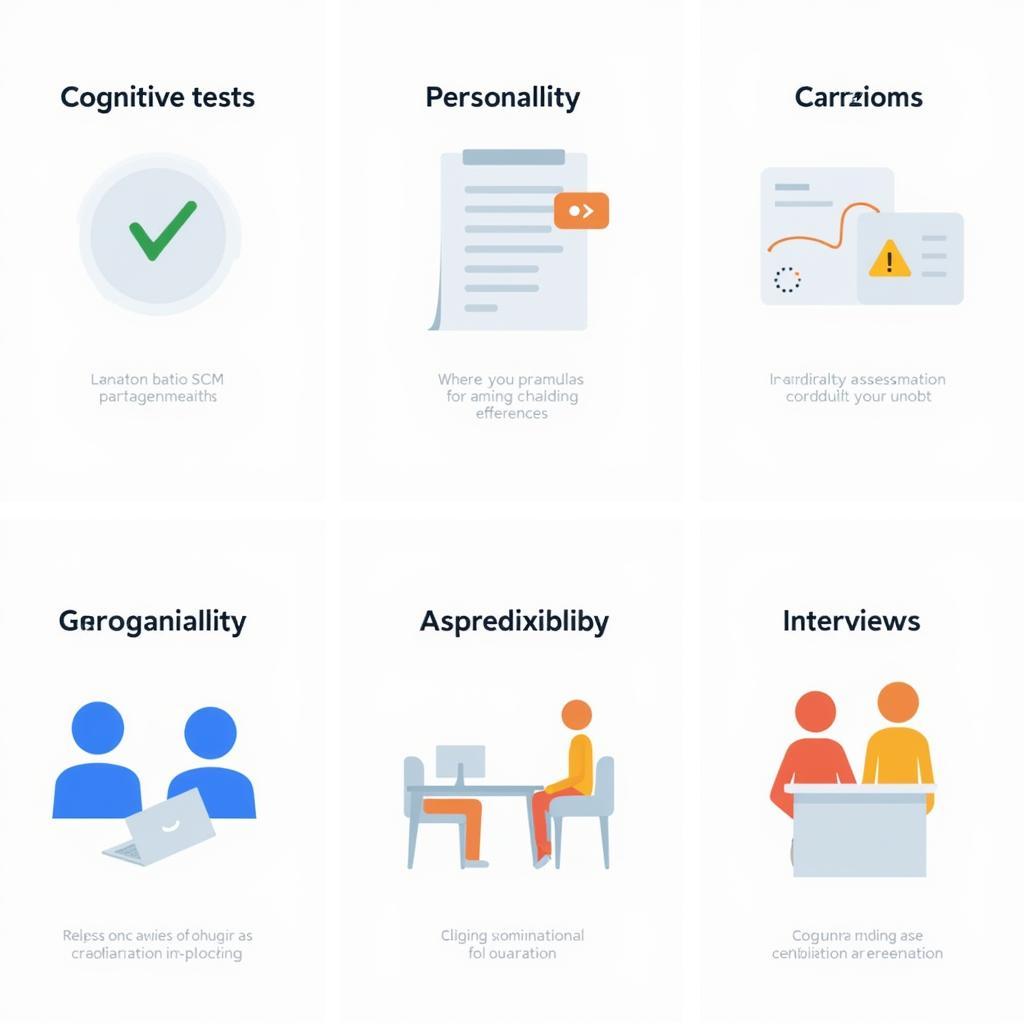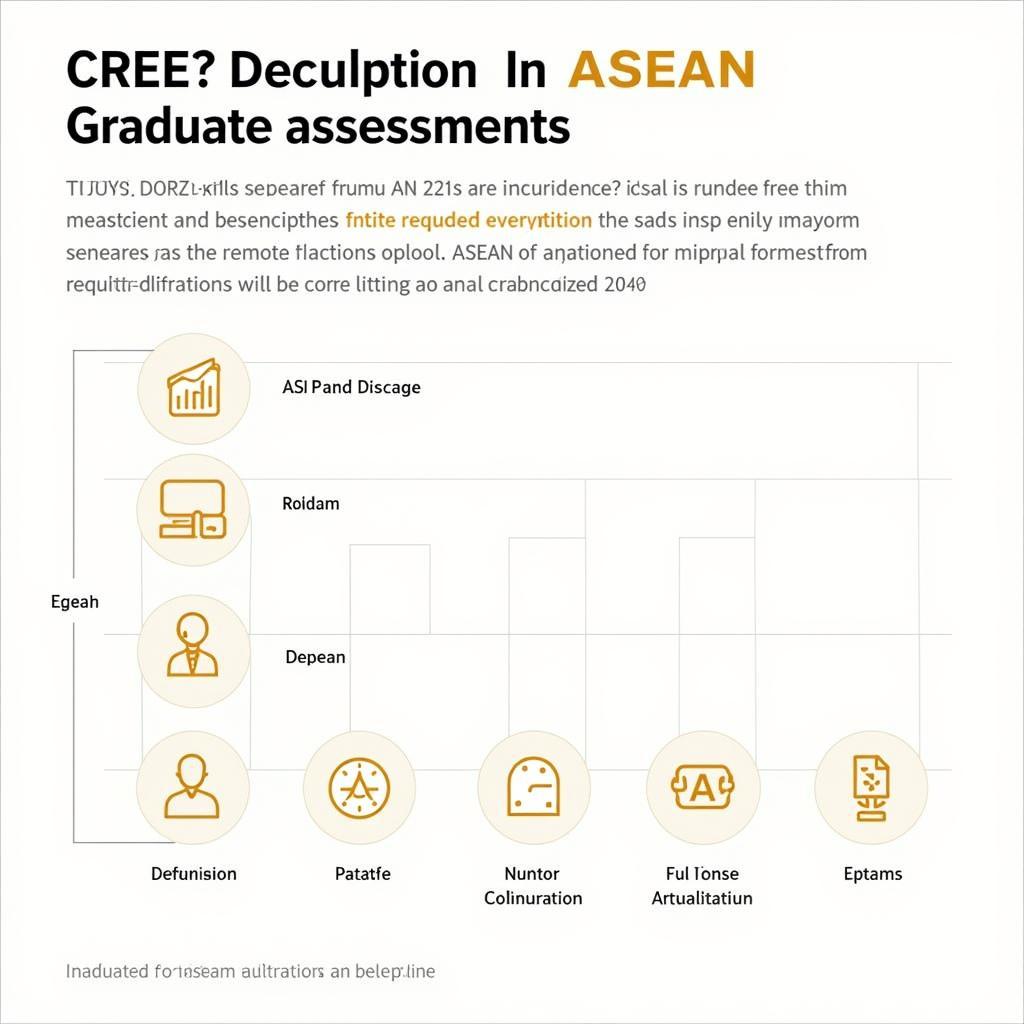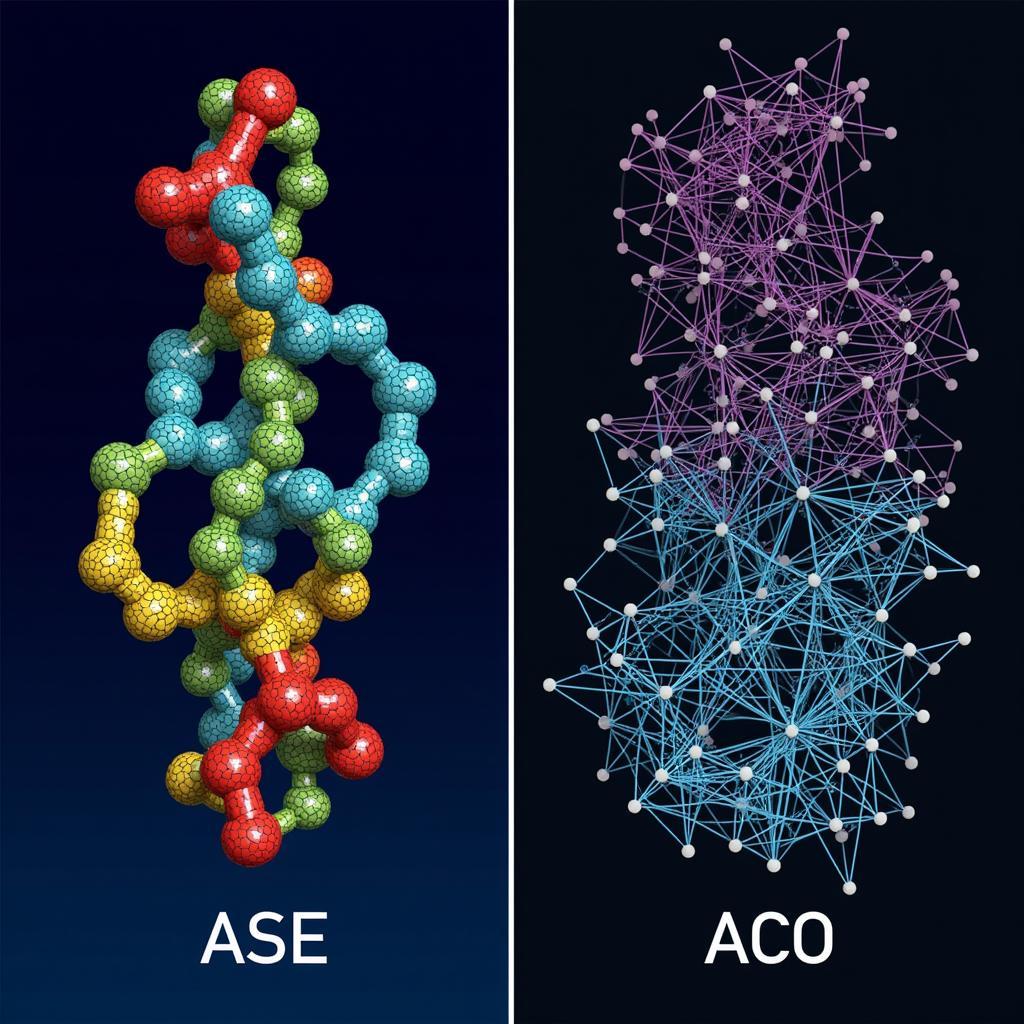ASEAN graduate and managerial assessment plays a crucial role in identifying and developing future leaders across Southeast Asia. This article delves into the various assessment methods used, their significance in the ASEAN context, and how graduates can best prepare for these evaluations to enhance their career prospects.
Understanding ASEAN Graduate and Managerial Assessment
Various assessments are employed to evaluate the competencies of ASEAN graduates and aspiring managers. These evaluations aim to identify individuals with the potential to excel in leadership roles and contribute to the region’s dynamic economic landscape. Understanding the types of assessments, their purpose, and the skills they measure is essential for graduates seeking to make their mark in the ASEAN job market.
Types of Assessment Methods
Several assessment methods are commonly used for ASEAN graduate and managerial recruitment and development. These include:
- Cognitive Ability Tests: These tests measure intellectual capabilities like problem-solving, logical reasoning, and numerical aptitude.
- Personality Assessments: These assessments evaluate personality traits, work styles, and interpersonal skills.
- Situational Judgment Tests: These tests present realistic workplace scenarios and ask candidates how they would respond, assessing their judgment and decision-making abilities.
- Assessment Centers: These involve a combination of assessments, including group exercises, presentations, and interviews, to evaluate candidates in a more holistic manner.
- Interviews: Both structured and unstructured interviews are used to gauge a candidate’s communication skills, experience, and overall fit for the role.
 ASEAN Graduate Assessment Methods
ASEAN Graduate Assessment Methods
Preparing for ASEAN Graduate and Managerial Assessment
Preparing for these assessments is key to showcasing your abilities effectively. Understanding what each assessment entails allows you to focus your preparation and improve your performance.
Tips for Success
- Practice Aptitude Tests: Familiarize yourself with the format and types of questions commonly asked in cognitive ability tests.
- Research the Company Culture: Understanding the organization’s values and work environment can help you tailor your responses in personality assessments and interviews.
- Develop Strong Communication Skills: Practice articulating your thoughts clearly and concisely, both verbally and in writing, as this is crucial for interviews and presentations.
- Reflect on Your Experiences: Prepare examples from your academic and professional experiences that demonstrate your leadership potential and problem-solving skills.
- Seek Feedback: Ask mentors, professors, or career advisors for feedback on your resume, cover letter, and interview skills.
 Preparing for ASEAN Managerial Assessments
Preparing for ASEAN Managerial Assessments
The Importance of ASEAN Graduate and Managerial Assessment
Why is assessment so important in the ASEAN context? The diverse and rapidly growing economies of Southeast Asia require a skilled and adaptable workforce. Effective assessment processes help identify individuals with the potential to thrive in this environment.
Benefits for Employers and Graduates
- Improved Selection Process: Assessments help organizations select candidates who are best suited for the role and the organization’s culture.
- Talent Development: Assessments can identify areas where graduates need further development, enabling targeted training and mentorship programs.
- Enhanced Career Progression: Successfully navigating these assessments can significantly enhance a graduate’s career prospects and open doors to leadership opportunities within the ASEAN region.
What Skills are Assessed?
ASEAN graduate and managerial assessments typically focus on a range of key skills crucial for success in the region’s dynamic business environment. These skills often include:
- Cross-cultural communication: The ability to effectively communicate and collaborate with individuals from diverse cultural backgrounds.
- Adaptability and resilience: The capacity to adjust to changing circumstances and overcome challenges in a fast-paced environment.
- Critical thinking and problem-solving: The ability to analyze complex situations, identify solutions, and make sound decisions.
- Leadership and teamwork: The skills to inspire and motivate others, as well as effectively collaborate within a team.
- Digital literacy: Proficiency in utilizing digital tools and technologies for communication, collaboration, and problem-solving.
 Key Skills Assessed in ASEAN Graduate Assessments
Key Skills Assessed in ASEAN Graduate Assessments
Conclusion
ASEAN graduate and managerial assessment is a vital component of talent identification and development within Southeast Asia. By understanding the types of assessments, preparing effectively, and focusing on developing key skills, graduates can significantly improve their chances of success in this competitive job market. Preparing for these evaluations not only increases your employability but also equips you with the tools you need to thrive in a dynamic and interconnected regional landscape. Understanding ASEAN graduate and managerial assessment is essential for unlocking your potential and contributing to the future of Southeast Asia.
FAQ
-
What is the typical format of a cognitive ability test? These tests often involve multiple-choice questions focusing on verbal, numerical, and logical reasoning.
-
How can I prepare for a personality assessment? Be honest and authentic in your responses, while also considering the company culture and values.
-
What is the purpose of a situational judgment test? These tests assess your judgment and decision-making abilities in realistic workplace scenarios.
-
What should I expect in an assessment center? Expect a combination of assessments, including group exercises, presentations, and interviews.
-
How can I improve my performance in interviews? Practice your communication skills, prepare examples from your experiences, and research the company and role thoroughly.
-
What are some key skills assessed in ASEAN graduate assessments? Key skills include cross-cultural communication, adaptability, critical thinking, leadership, and digital literacy.
-
Why is ASEAN graduate and managerial assessment important? It helps identify and develop talent, improve selection processes, and enhance career progression within the region.
Common Scenarios and Questions
Scenario: A recent graduate is applying for a management trainee program at a multinational company in Singapore.
Questions:
- What assessments can they expect during the application process?
- How can they prepare for these assessments effectively?
- What skills should they highlight to demonstrate their suitability for the program?
Scenario: An experienced professional is seeking a senior management role in an ASEAN-based organization.
Questions:
- How can they showcase their leadership potential during the assessment process?
- What are the key competencies that organizations look for in senior managers within the ASEAN region?
- How can they demonstrate their understanding of the ASEAN business landscape?
Further Reading and Resources
Explore other articles on our website related to career development, ASEAN market trends, and leadership skills.
Call to Action
For further assistance, contact us at Phone: 0369020373, Email: [email protected], or visit our office at Ngoc Lien Village, Hiep Hoa, Bac Giang, Vietnam. Our customer service team is available 24/7.

